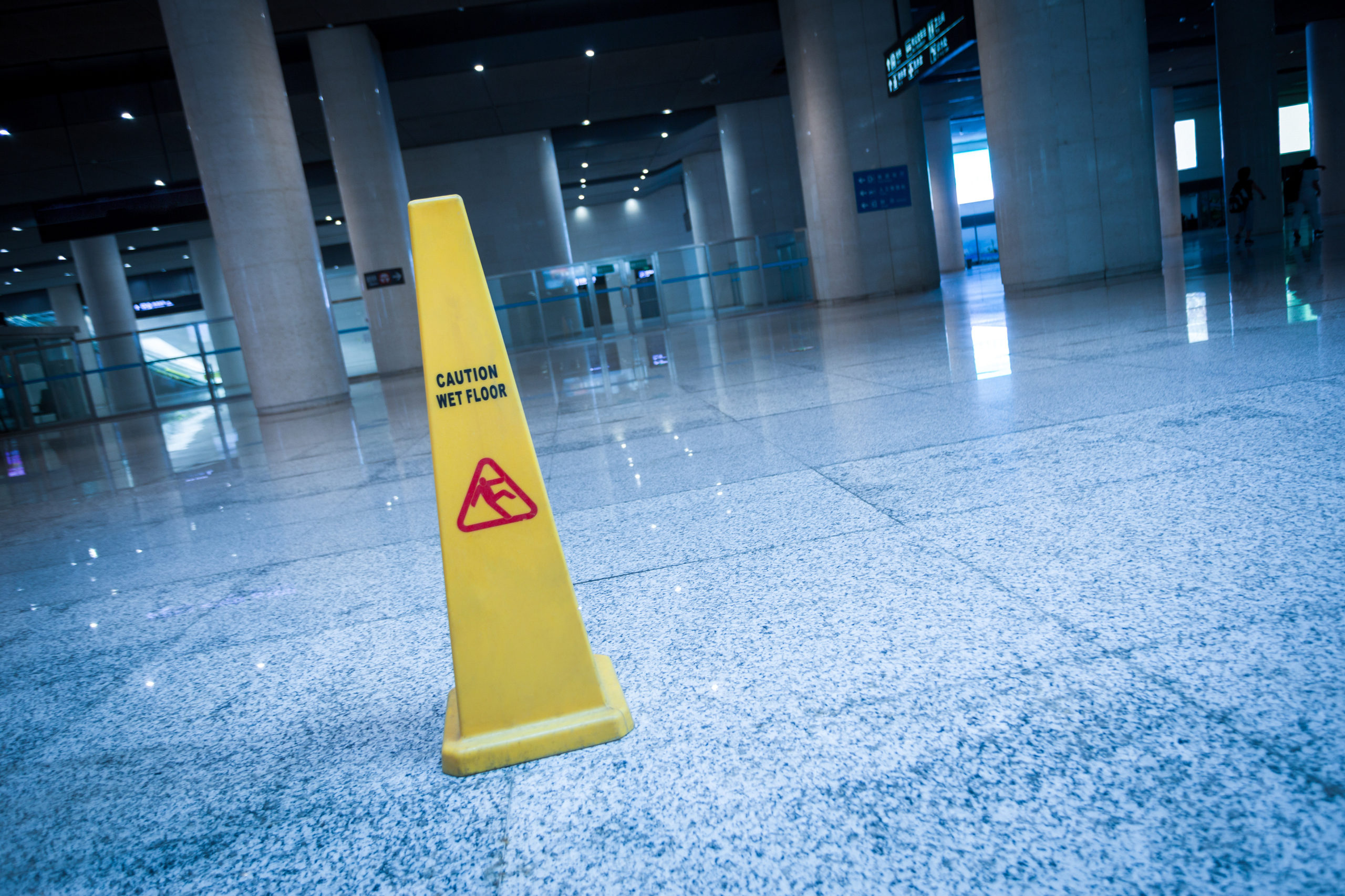 Have you been injured on somebody else’s property in New York? You may be entitled to sue the property owner for common area premises liability. Property owners are required to maintain a safe environment for those coming onto their land, meaning they may owe a duty of care to those who become injured.
Have you been injured on somebody else’s property in New York? You may be entitled to sue the property owner for common area premises liability. Property owners are required to maintain a safe environment for those coming onto their land, meaning they may owe a duty of care to those who become injured.
This extends to all people who come onto the property, whether an invitee or licensee. An invitee is someone on the property for business or commercial reasons. A licensee is someone on the property for non-business or non-commercial reasons. This claimant pool may even extend to trespassers, given the property owner was aware the person was trespassing.
There are several ways a common area premises liability claim might arise. The situations may include:
- Broken bones from slips and falls
- Break-ins from negligent security
- Trips due to insufficient lighting
- Electric shock from an unsafe power supply
- Head injuries from falling objects
What Do I Need to Establish for a Common Area Premises Liability Claim?
If you’ve suffered an injury on a residential property in New York, the onus lies on you to prove that you have suffered harm due to the property owner’s negligence. The burden of proof is on a balance of probabilities—that it was more likely than not that the property owner was responsible for causing your injury. The following elements need to be established:
1. You were lawfully on the property
The owner must have invited you or hired you to perform work on the property for your claim to succeed. Alternatively, the owner must have invited you on the property for other reasons such as a family event or social gathering. If you were not lawfully on the property, you will need to prove that the owner was aware that you were trespassing.
2. The property owner was negligent in dealing with hazardous conditions
You must prove that the owner knew of the safety issue or ought to have known of its existence. Further, you must prove that the owner failed to repair the issue or give adequate warning about its danger. A hazard with a sufficient warning will be unlikely to succeed. If the owner did make repairs or alert you to the issue, you must demonstrate that this was inadequate or worsened the problem.
3. The negligence caused your injury
There must be a causal link between the property owner’s negligence and your subsequent injury. An injury sustained that is external to the property’s safety or the owner’s negligence will not prevail.
What Compensation Am I entitled To?
There are many types of compensation you can receive from a successful premises liability claim. These include:
Medical expenses
You are entitled to be reimbursed for the costs of medical treatment resulting from your injury. This includes doctor visits, surgery, physical therapy, medication, and counseling. You may also be entitled to vocational training costs if you are unable to perform your job or modifications to your home if you are unable to operate.
Lost wages
You are entitled to both past and future wages you lost while recovering from your injuries. Further, you may be entitled to other job perks that you missed out on or future damages if the injury is long-term.
Wrongful death damages
If your loved one died as a result of their injury, you may be entitled to funeral costs, medical expenses, and compensation for emotional harm.
Punitive damages
In cases where the property owner’s actions were deemed grossly negligent or intentional, you may be entitled to punitive damages. These go beyond compensatory damages and reflect a punishment to the wrongdoer.
Get in Contact with a NY Lawyer at Wingate, Russotti, Shapiro, Moses & Halperin, LLP Today
A premises liability injury can be an extremely serious and stressful event. At Wingate, Russotti, Shapiro, Moses & Halperin, LLP, we understand the difficulties of a premises liability claim and are here to support you every step of the way. We pride ourselves on our experience, compassion, and ability to achieve results. Call our NYC premises liability attorneys today at (212) 986-7353 to get your claim started.